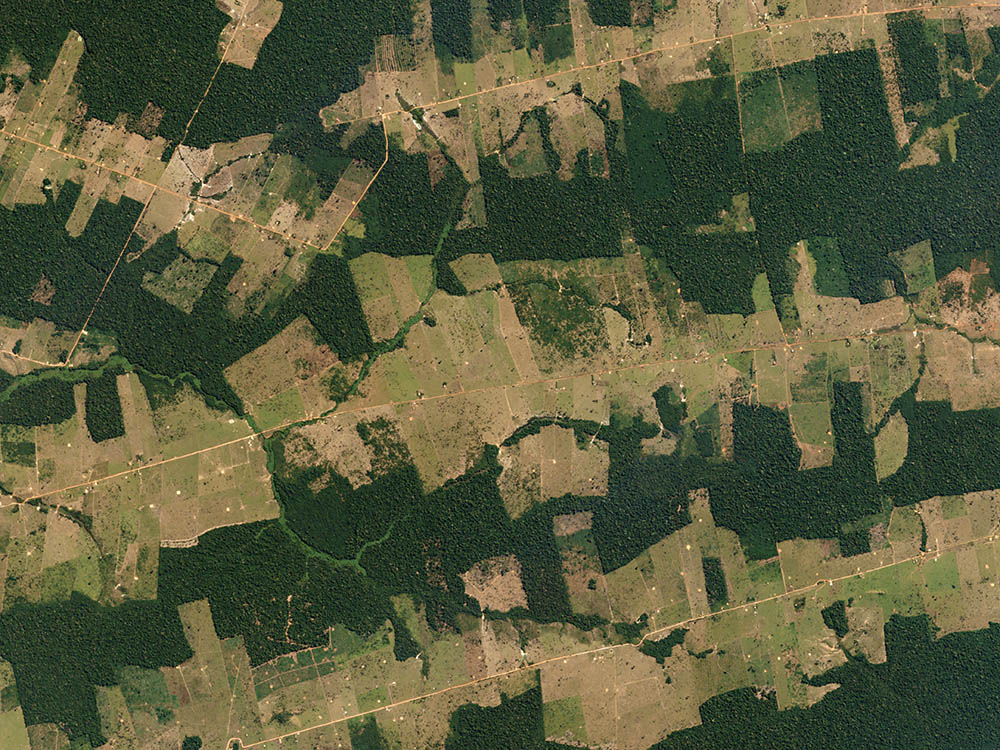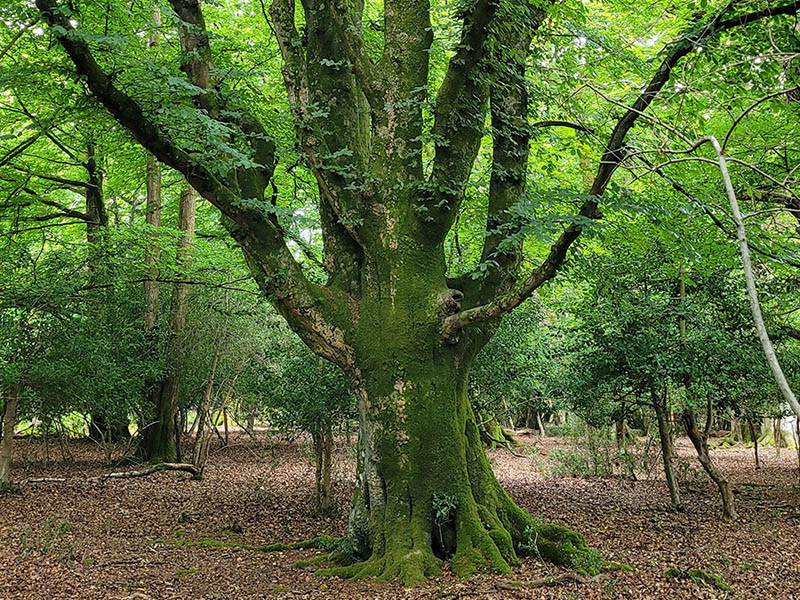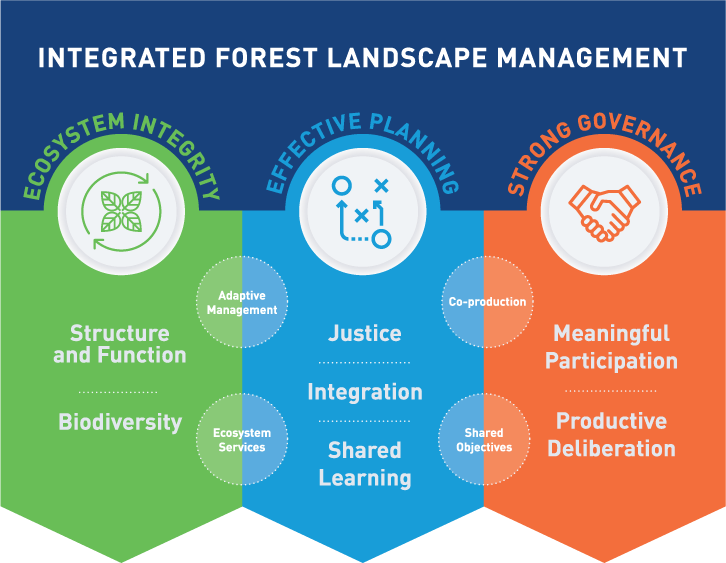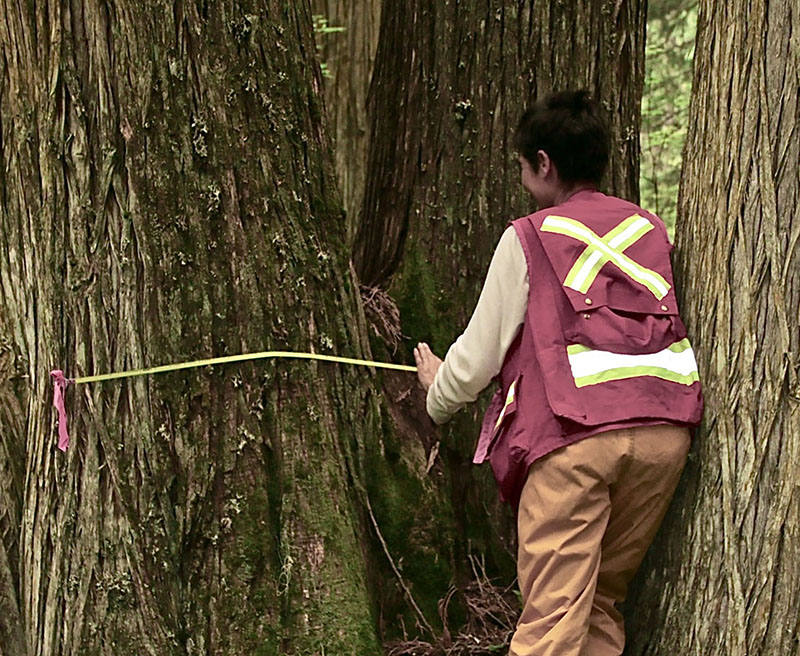Publication type: Policy papers

Connectivity between conservation areas is vital for protecting and restoring biodiversity and ecosystems and can play a key role in supporting national responses to climate change, in Australia and around the world. Through a National Conservation Corridors Framework Australia could meet both climate and biodiversity outcomes and protect First Nations cultural heritage.

The need for integrated policy action to mitigate climate change and conserve biodiversity has now been recognised in Article 38 of the Glasgow Climate Pact. This emphasises the importance of protecting, conserving and restoring nature and ecosystems, including forests and other terrestrial and marine ecosystems.

Our planet’s forests provide many benefits to society’s continued well-being yet are subjected to ongoing loss and degradation. These activities provide financial benefits but unless we understand the value of what is lost when the forests are cleared and degraded, we will not be able to make informed decisions about their use and management.

Integrated landscape approaches to forest management are more holistic than conventional sector-based approaches and provide a more promising approach to sustainable management. Integrity-based Forest Management (INFORM) provides a framework for developing and evaluating integrated landscape approaches built on ecosystem integrity, effective planning and strong governance.



